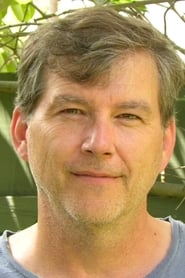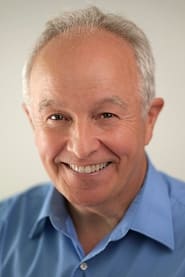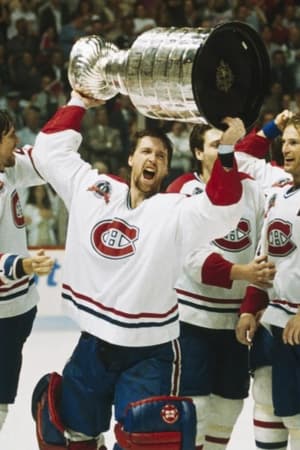
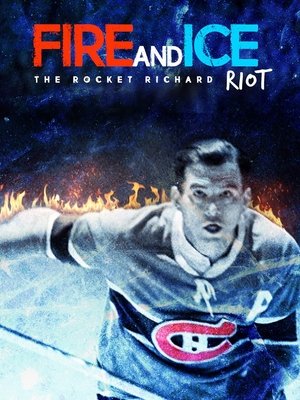
Fire and Ice: The Rocket Richard Riot(2000)
In 1955, as a hotly contested hockey season was coming to an end, the star of the Montreal Canadiens, Maurice "the Rocket" Richard, was suspended for attacking an opponent with a stick and hitting a referee by then president of the NHL Clarence Campbell. This set off a huge riot in the streets of Montreal. The documentary claims, unconvincingly, that this event added to the sparks of the political revolution in Quebec that led to the rise of the separatist movement.

Movie: Fire and Ice: The Rocket Richard Riot
Top 5 Billed Cast
Narrator
Hal Laycoe

Fire and Ice: The Rocket Richard Riot
HomePage
Overview
In 1955, as a hotly contested hockey season was coming to an end, the star of the Montreal Canadiens, Maurice "the Rocket" Richard, was suspended for attacking an opponent with a stick and hitting a referee by then president of the NHL Clarence Campbell. This set off a huge riot in the streets of Montreal. The documentary claims, unconvincingly, that this event added to the sparks of the political revolution in Quebec that led to the rise of the separatist movement.
Release Date
2000-06-01
Average
1
Rating:
0.5 startsTagline
Genres
Languages:
EnglishFrançaisKeywords
Similar Movies
 7.1
7.1Nanook of the North(en)
This pioneering documentary film depicts the lives of the indigenous Inuit people of Canada's northern Quebec region. Although the production contains some fictional elements, it vividly shows how its resourceful subjects survive in such a harsh climate, revealing how they construct their igloo homes and find food by hunting and fishing. The film also captures the beautiful, if unforgiving, frozen landscape of the Great White North, far removed from conventional civilization.
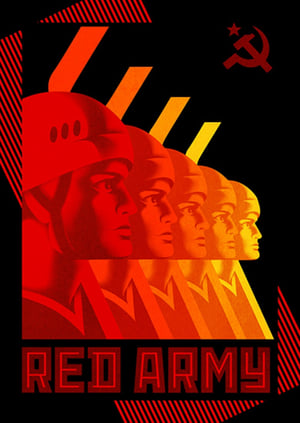 7.3
7.3Red Army(en)
A documentary highlighting the Soviet Union's legendary and enigmatic hockey training culture and world-dominating team through the eyes of the team's Captain Slava Fetisov, following his shift from hockey star and celebrated national hero to political enemy.
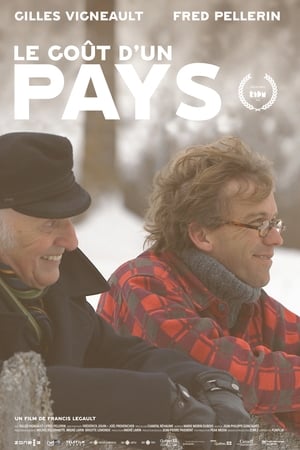 6.0
6.0Le goût d'un pays(fr)
Focused on an inspiring and touching dialogue between Gilles Vigneault and Fred Pellerin, the documentary tells the story of Quebec by digging deep into an ancestral tradition etched into our cultural DNA: the production of maple syrup.
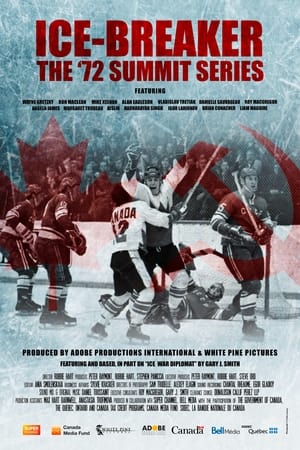 7.0
7.0Ice-Breaker: The '72 Summit Series(en)
September 2022 marked the 50th anniversary of the Summit Series, the iconic hockey tournament that pitted the best players from Canada against the best from the Soviet Union. This documentary enlarges the canvas to tell the story from the unique perspectives of a diverse group who are rarely, if ever, heard: diplomats, NHL hockey legends, Soviet players, journalists, fans, broadcasters, business leaders and Team Canada’s Chairman – all reveal untold stories about what happened before, during, and after September ‘72.
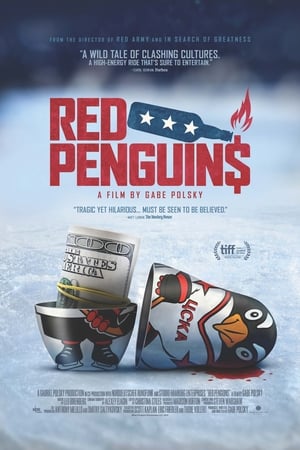 5.4
5.4Red Penguins(en)
Shortly after the collapse of the Soviet Union, the Pittsburgh Penguins and the famed Red Army hockey team formed a joint venture that redefined what was possible in the new Russia. Eccentric marketing whiz, Steve Warshaw, is sent to Moscow and tasked to transform the team into the greatest show in Russia, attracting some of the biggest names in Hollywood and advertising along the way. He takes the viewer on a bizarre journey highlighting a pivotal moment in U.S.-Russian relations during a lawless era when oligarchs made their fortunes and multiple murders went unsolved.
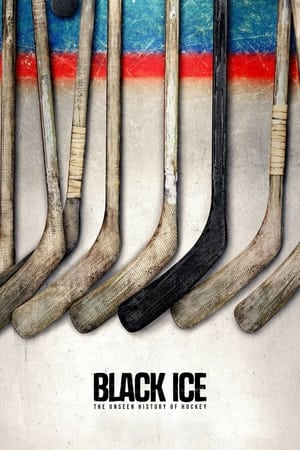 7.5
7.5Black Ice(en)
This incisive, urgent documentary examines the history of anti-Black racism in hockey, from the segregated leagues of the 19th century to today’s NHL, where Black athletes continue to struggle against bigotry.
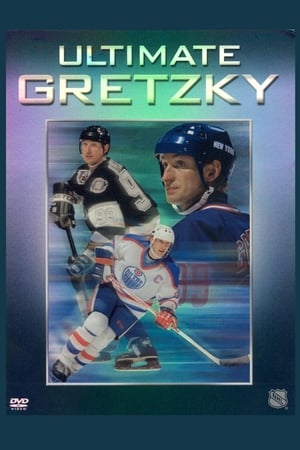 7.0
7.0Ultimate Gretzky(en)
They call him "the Great One" and this is the first time ever he has told the many stories behind his greatest accomplishments and moments. Hosted by hockey personality John Davidson and Wayne's good friend, Keifer Sutherland, sports fans take a journey into the man that is Wayne Gretzky.
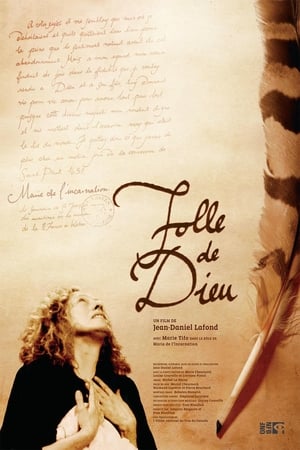 0.0
0.0Madwoman of God(fr)
This feature-length film tells the story of the passion between Marie de l’Incarnation, a mid-seventeenth-century nun and God, her "divine spouse." Fusing documentary and acting by Marie Tifo, whom we follow as she rehearses for this demanding role, the film paints an astonishing portrait of this mystic who abandoned her son and left France to build a convent in Canada, where she became the first female writer in New France.
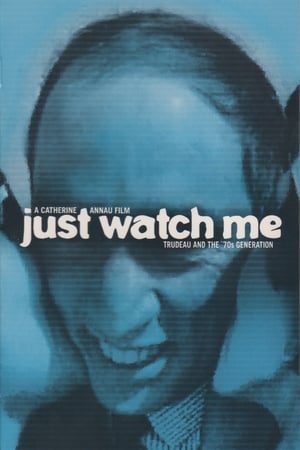 0.0
0.0Just Watch Me: Trudeau and the 70's Generation(en)
Canadian director Catherine Annau's debut work is a documentary about the legacy of Pierre Trudeau, the long-running Prime Minister of Canada, who governed during the 1970s. The film focuses particularly on Trudeau's goal of creating a thoroughly bilingual nation. Annau interviews eight people in their mid-30s on both sides of the linguistic divide. One tells of her life growing up in a community of hard-core Quebec separatists, while another, a yuppie from Toronto, recalls believing as a child that people in Montreal got drunk and had sex all day long. Annau has all of the interviewees discuss how Trudeau's policies affected their lives and their perceptions of the other side, in this issue that strikes to the heart of Canada's national identity.
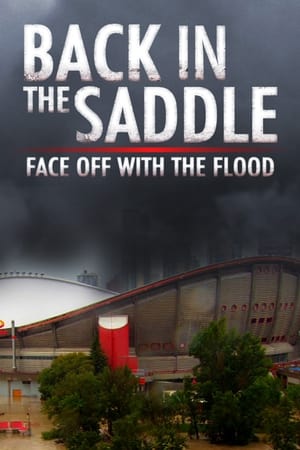 0.0
0.0Back in the Saddle: Face Off with the Flood(en)
A dramatic one hour documentary, telling the behind-the-scenes story of the Calgary Flames efforts to get their home back in time for the season opener after the catastrophic 2013 Calgary flood.
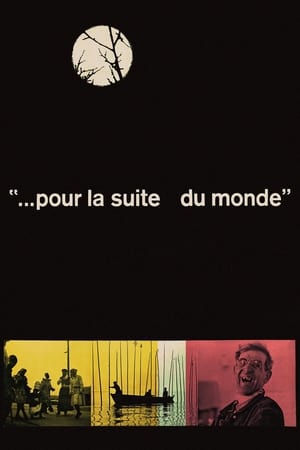 7.4
7.4Of Whales, the Moon, and Men(fr)
At the instigation of the filmmakers, the young men of the Ile-aux-Coudres in the middle of the St-Lawrence River try as a memorial to their ancestors to revive the fishing of the belugas interrupted in 1924.
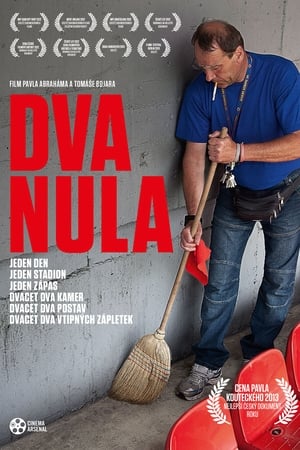 0.0
0.0Two Nil(cs)
Pavel Abrahám’s football documentary offers 22 different viewpoints of who is watching. At a match between Sparta and Slavia, the filmmakers used 22 cameras to film the spontaneous reactions of various visitors, fans, tourists, VIPs, intellectuals, and security guards over the course of the entire game. This experiment with the Czech Republic’s national sport shows football as a game around which the viewers create a whole range of other, highly diverse games.
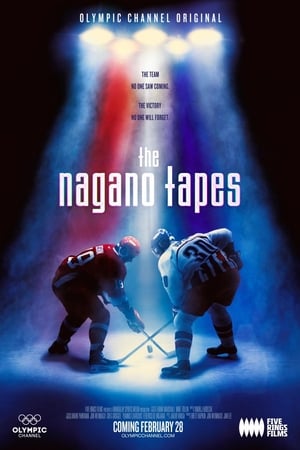 8.7
8.7The Nagano Tapes(en)
Five Rings Films presents the inspiring story of how Czech Republic won gold at the first Olympics to feature professionals from the NHL.
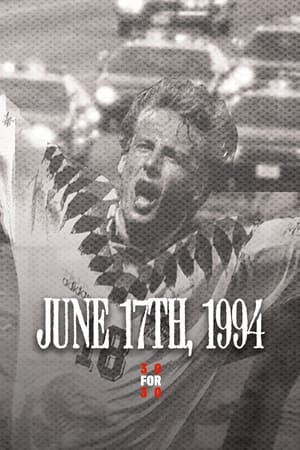 8.6
8.6June 17th, 1994(en)
Do you remember where you were on June 17, 1994? Thanks to a wide array of unrelated, coast-to-coast occurrences, this Friday has come to be known for its firsts, lasts, triumphs and tragedy. Arnold Palmer played his last round at a U.S. Open, in Oakmont, PA, the FIFA World Cup kicked off in Chicago, the New York Rangers celebrated on Broadway, Patrick Ewing desperately pursued a long evasive championship in Madison Garden and Donald Fehr stared down the baseball owners. And yet, all of that was a prelude to O.J. Simpson leading America on a slow speed chase in a white Ford Bronco around Los Angeles.
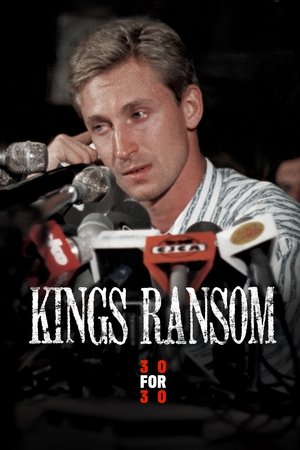 6.6
6.6Kings Ransom(en)
On August 9, 1988, the NHL was forever changed with the single stroke of a pen. The Edmonton Oilers, fresh off their fourth Stanley Cup victory in five years, signed a deal that sent Wayne Gretzky, a Canadian national treasure and the greatest hockey player ever to play the game, to the Los Angeles Kings in a multi-player, multi-million dollar deal. As bewildered Oiler fans struggled to make sense of the unthinkable, fans in Los Angeles were rushing to purchase season tickets at a rate so fast it overwhelmed the Kings box office. Overnight, a franchise largely overlooked in its 21-year existence was suddenly playing to sellout crowds and standing ovations, and a league often relegated to “little brother” status exploded from 21 teams to 30 in less than a decade.
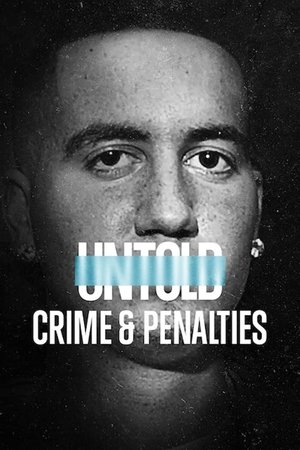 7.1
7.1Untold: Crime & Penalties(en)
They were the bad boys of hockey — a team bought by a man with mob ties, run by his 17-year-old son, and with a rep for being as violent as they were good.
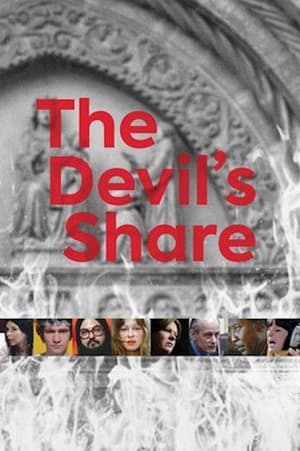 8.0
8.0The Devil's Share(fr)
Quebec, on the cusp of the 1960s. The province is on the brink of momentous change. Deftly selecting clips from nearly 200 films from the National Film Board of Canada archives, director Luc Bourdon reinterprets the historical record, offering us a new and distinctive perspective on the Quiet Revolution.
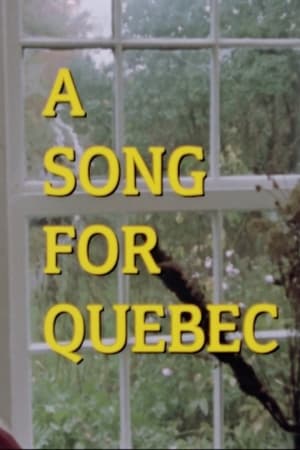 0.0
0.0A Song for Quebec(fr)
Produced in 1988, this feature documentary presents a living history of Quebec's last 40 years as seen through the eyes of one couple. Pauline Julien and Gérald Godin, two Quebec artists, share their perspectives on the events that have marked Quebec's evolution. Julien, a singer, and Godin, a poet, express their love and passion for the province (and each other) while providing a unique take on the Quebec nationalist movement.
